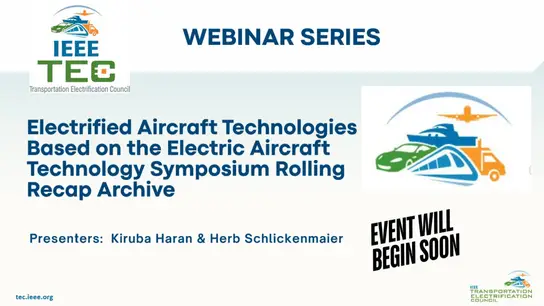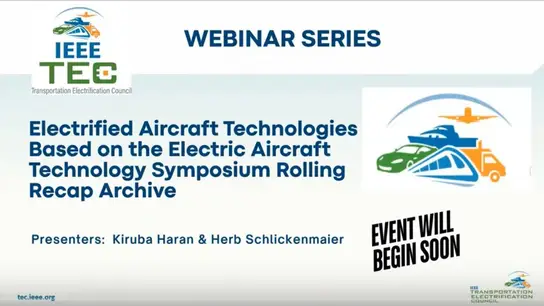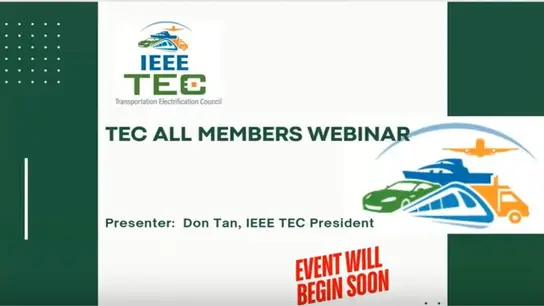-
Members: FreeTEC
IEEE Members: $11.00
Non-members: $15.00Length: 1:03:43
14 Jan 2020
Abstract: Real-time simulation and Hardware-in-the-Loop (HIL) techniques emerge as indispensable tools in the design, modeling, testing and validation of modern power electronic systems. Different from an offline simulation, real-time simulation depends not only on the results of logical / arithmetic calculations of the model, but also on physical time (real-time) when these results are produced. Today, high accuracy real-time simulation and HIL of modern power electronics is still a great challenge. Power electronics components models are characterized by their high switching frequency and on-off characteristics. Mathematical models that contain a number of power electronic components can lead to serious real-time simulation problems (e.g. limited simulation time step size, large memory to store circuit topology due to on-off states of power switches, etc.). Solve such mathematical models while meeting the strict time constraint requires the development of specific real time simulation techniques.
In this presentation, a general introduction of real-time simulation and Hardware-in-the-Loop (HIL) technology is firstly given. State-of-art modeling approaches for power electronic switches, as well as electric network formulations of power electronic systems are then presented, and their advantages and drawbacks are discussed with commercial solution examples. The main hardware implementation platforms (CPU and FPGA) for real-time simulation models are also compared. At last, a simple example about how to implement a Floating Interleaved Boost Converter (FIBC) model in real-time simulation platform for controller Hardware-in-the-Loop (HIL) application is provided using the previously presented techniques.
In this presentation, a general introduction of real-time simulation and Hardware-in-the-Loop (HIL) technology is firstly given. State-of-art modeling approaches for power electronic switches, as well as electric network formulations of power electronic systems are then presented, and their advantages and drawbacks are discussed with commercial solution examples. The main hardware implementation platforms (CPU and FPGA) for real-time simulation models are also compared. At last, a simple example about how to implement a Floating Interleaved Boost Converter (FIBC) model in real-time simulation platform for controller Hardware-in-the-Loop (HIL) application is provided using the previously presented techniques.
Primary Committee:
IEEE TEC


